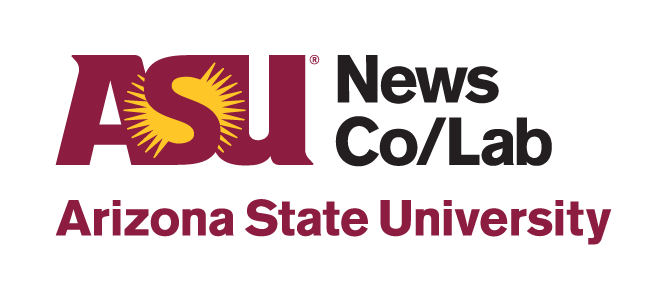People who share news on social media are more susceptible to misinformation

People with higher levels of news literacy are less likely to use social media for their news, preferring more trusted sources instead. People who do get their news from social media are much less skeptical of online news, which makes them vulnerable to misinformation.
News literacy, social media behaviors, and skepticism toward information on social media
By Emily K. Vraga and Melissa Tully
Journalism & Mass Communication Educator
July 18, 2019
University of Minnesota and University of Iowa researchers Emily K. Vraga and Melissa Tully investigated how news literacy and skepticism affects the information atmosphere on social media sites.
They found people who are more news literate and value news literacy post less news and political content on Facebook, Twitter and YouTube — and they’re more skeptical of the credibility of information on social media. However, people who see and post news and political content on social media aren’t associated with skepticism.
Because of this, they aren’t supplying high-quality content to social media, where other people — many of whom are much less news literate — get their news and political information.
“If the people most exposed to information online are not appropriately skeptical of its accuracy, it may facilitate the spread of misinformation,” the researchers wrote. “While our results paint a troubling picture of who is sharing and posting news and political content, they provide reassurance about the role of [news literacy] and its related orientations in generating skepticism toward this information.”
Key Numbers
- Researchers asked participants which social media sites they used. Around 80 percent used Facebook and almost 55 percent used YouTube.
- Thirty-seven percent of people used Twitter and 29 percent of people used Instagram.
Study Details
- Nearly 800 American adults participated in the study in 2017.
- Participants rated their opinions on self-perceived media literacy, value of media literacy, news literacy, social media skepticism and political orientations on different numerical scales. Researchers tested their news literacy with multiple question quizzes.
